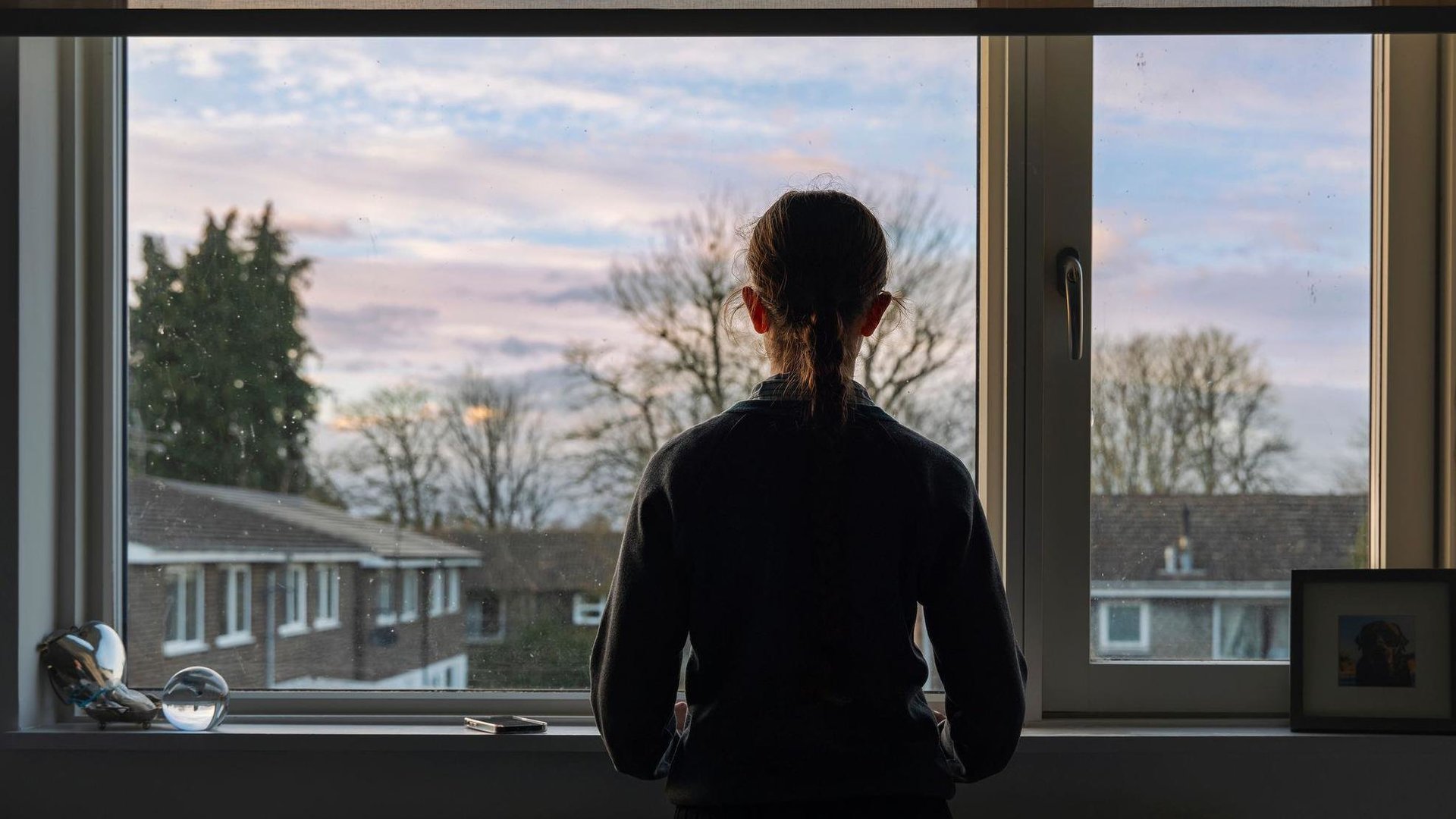
UK Prepares Landmark Clinical Trial of Puberty Blockers After National Ban
A £10.7 million study will assess physical, social and developmental impacts of puberty-suppressing hormones for children under sixteen
The United Kingdom is launching a major clinical trial in early 2026 to evaluate the risks and benefits of puberty-suppressing hormones for children under sixteen who experience gender incongruence.
The trial, led by researchers at King’s College London and backed by the National Health Service and the National Institute for Health and Care Research, aims to recruit approximately 220 participants and will include a randomised design in which one group begins treatment immediately and another after twelve months.
The study follows the 2024 recommendations of the Cass Review, which found that the evidence base for using puberty-blocking hormones in under-18s was weak and warned of potential long-term effects on bone density and brain development.
As a result, the UK government imposed an indefinite ban on routine prescriptions of such drugs for children questioning their gender identity, reserving their use solely for carefully controlled research settings.
Under the trial protocol, eligible children—already in puberty but under sixteen—will undergo rigorous psychological and medical screening, and must provide informed consent along with parental or guardian approval.
The research will monitor outcomes including mental health, social wellbeing, brain imaging and physical development over a period of years.
A parallel observational study covering up to 3,000 children within gender-identity services is also planned.
While some campaigners and legal advocates question the ethics of exposing minors to such treatments even in a trial setting, study leaders argue this is the only viable path to clarifying the balance between benefit and harm.
The trial is projected to deliver first results around 2030. With this initiative, the UK seeks to rebuild the evidence base in transgender health care and align treatments with long-term safeguarding of young people.
The trial, led by researchers at King’s College London and backed by the National Health Service and the National Institute for Health and Care Research, aims to recruit approximately 220 participants and will include a randomised design in which one group begins treatment immediately and another after twelve months.
The study follows the 2024 recommendations of the Cass Review, which found that the evidence base for using puberty-blocking hormones in under-18s was weak and warned of potential long-term effects on bone density and brain development.
As a result, the UK government imposed an indefinite ban on routine prescriptions of such drugs for children questioning their gender identity, reserving their use solely for carefully controlled research settings.
Under the trial protocol, eligible children—already in puberty but under sixteen—will undergo rigorous psychological and medical screening, and must provide informed consent along with parental or guardian approval.
The research will monitor outcomes including mental health, social wellbeing, brain imaging and physical development over a period of years.
A parallel observational study covering up to 3,000 children within gender-identity services is also planned.
While some campaigners and legal advocates question the ethics of exposing minors to such treatments even in a trial setting, study leaders argue this is the only viable path to clarifying the balance between benefit and harm.
The trial is projected to deliver first results around 2030. With this initiative, the UK seeks to rebuild the evidence base in transgender health care and align treatments with long-term safeguarding of young people.









